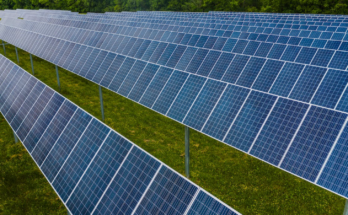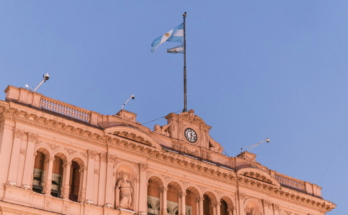Against a backdrop of unprecedented turmoil – the first major war in Europe in three decades, the highest inflation rates in decades and a rapidly worsening global food crisis – western leaders have met for two major summits. The G7 met in Germany and Nato leaders gathered in Madrid. The outcomes of both events indicate the limits of western-dominated global governance and deepening polarisation.
Both summits were dominated by the war in Ukraine, and both pledged continued support for Ukraine “for as long as it takes”. But the direct effects of such declarations are at best symbolic.
On June 27, while G7 leaders met at a castle in Bavaria, a Russian attack destroyed a shopping centre in Kremenchuk in central Ukraine, killing several people. And as Nato branded Russia “the most significant and direct threat to Allies’ security and to peace and stability in the Euro-Atlantic area” in its new strategic concept, Russian forces further stepped up their offensive in eastern Ukraine and expanded their campaign of destroying populated areas across Ukraine.
Click for the full article


